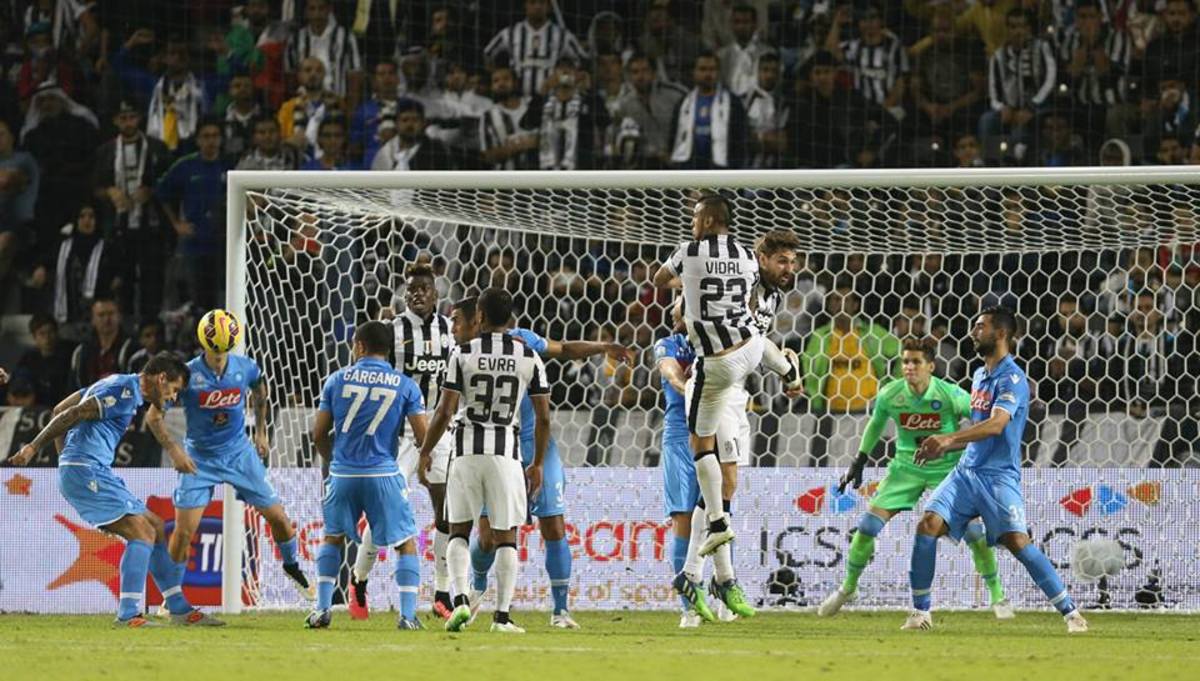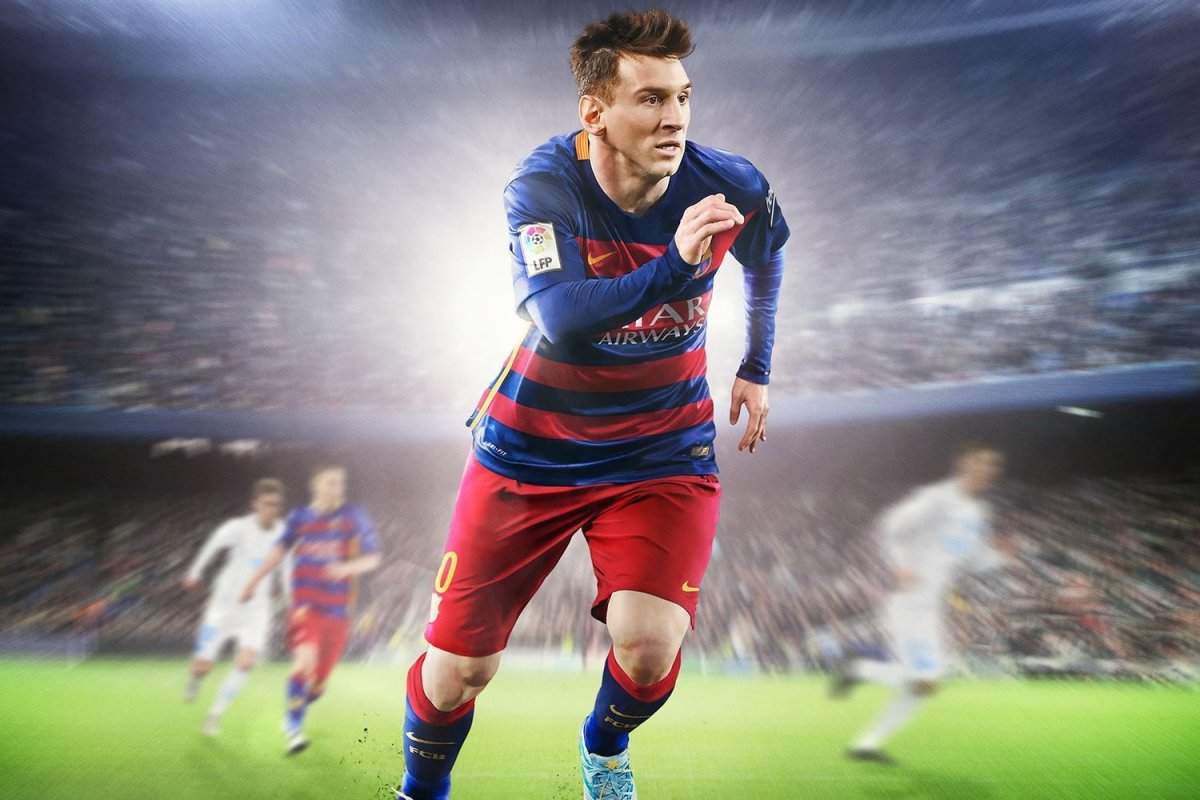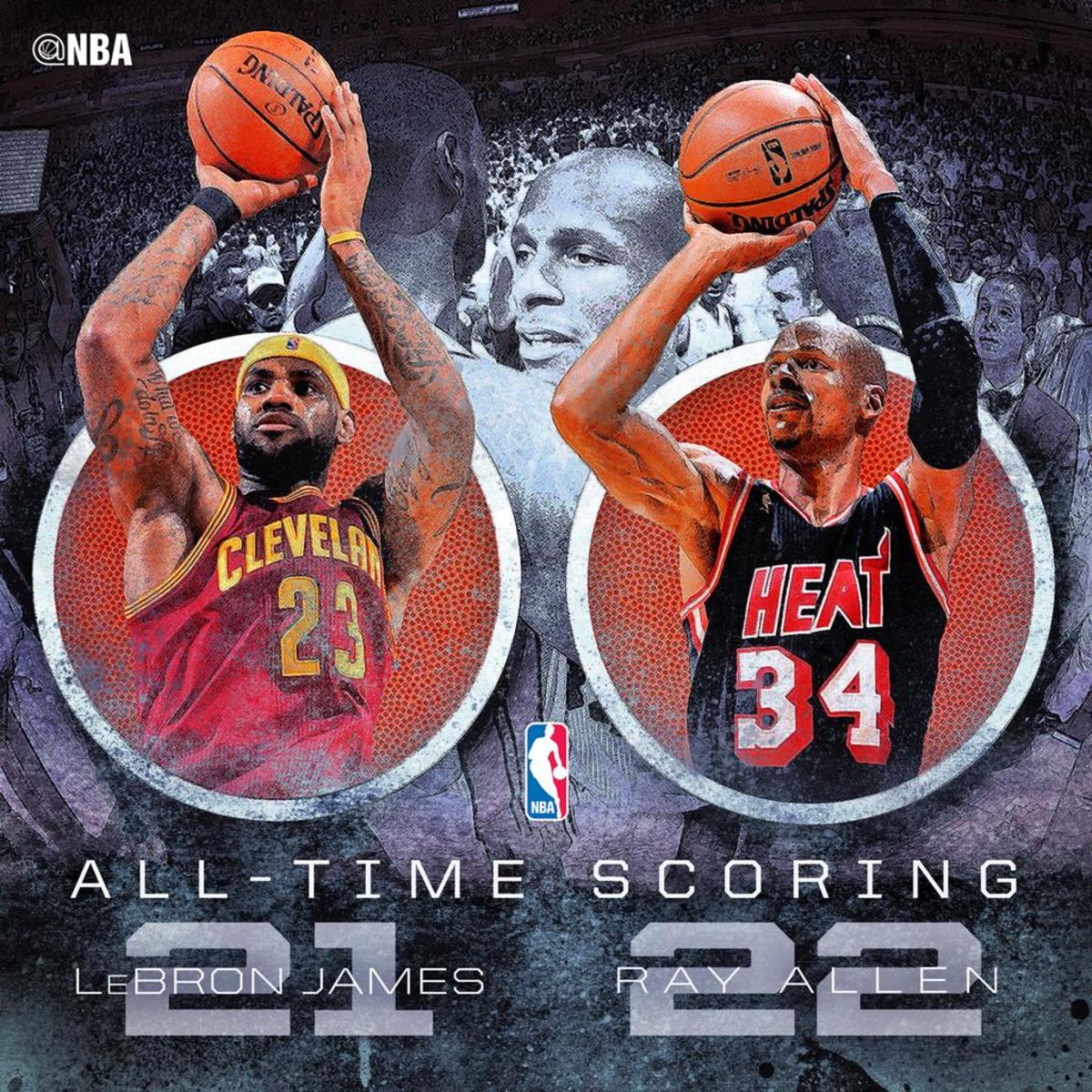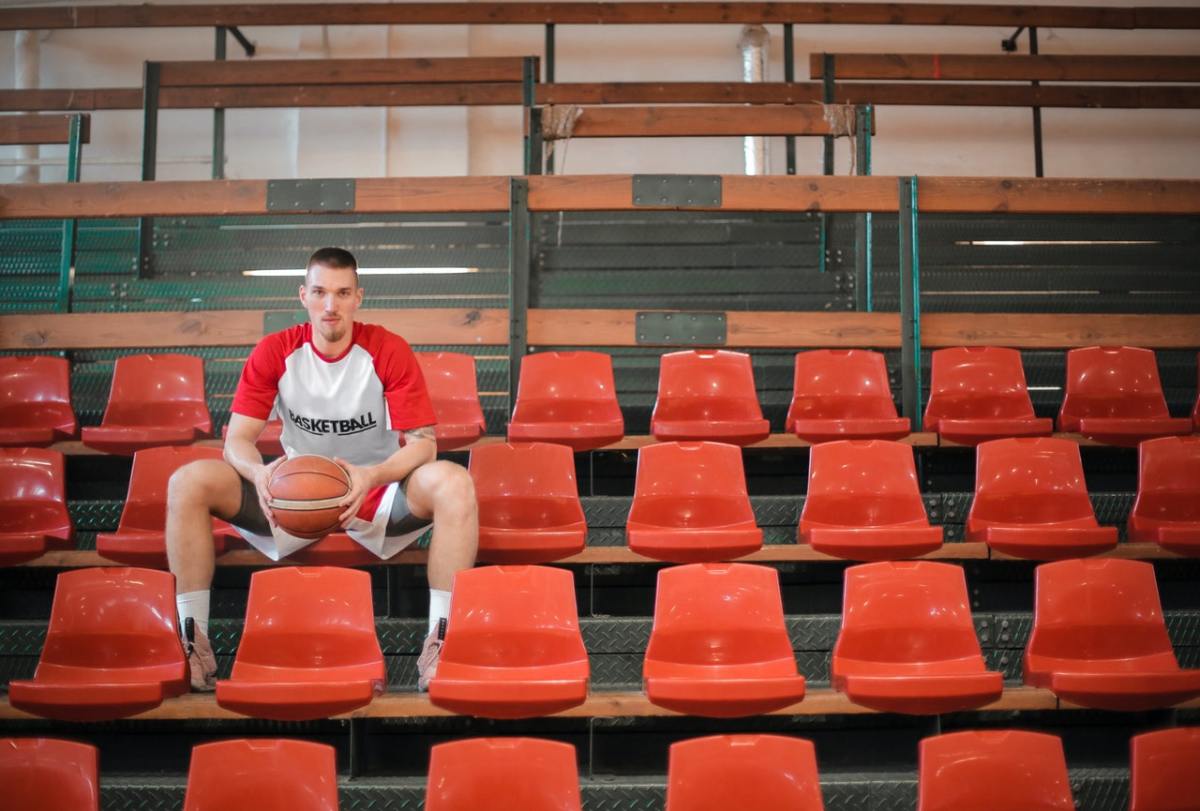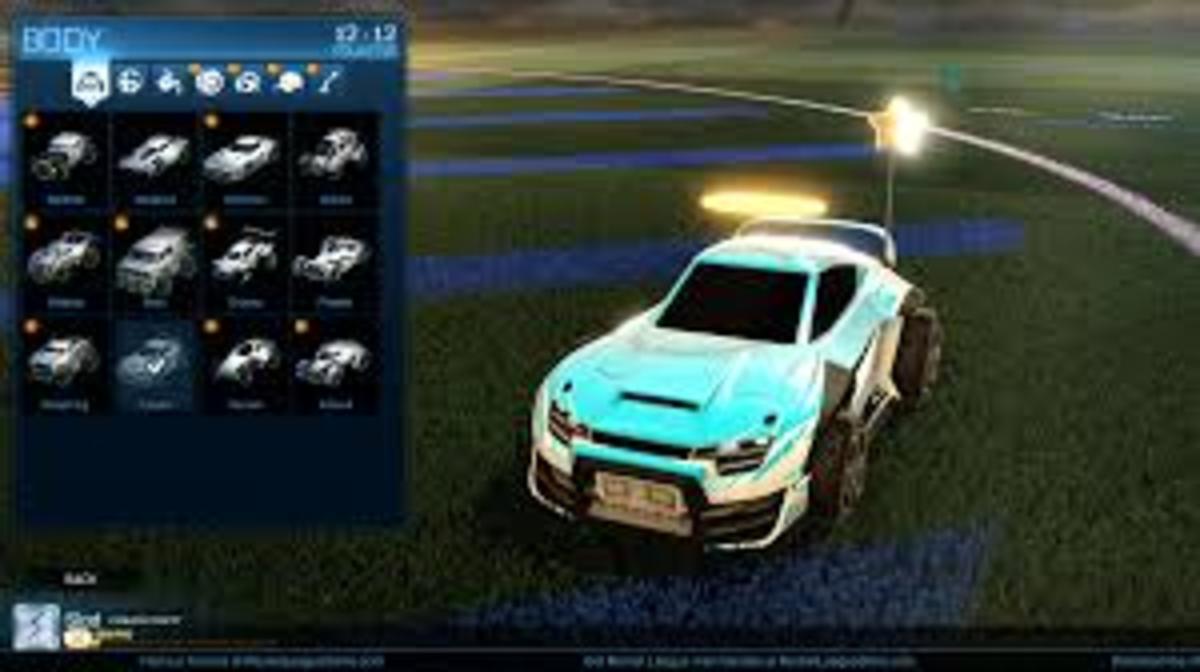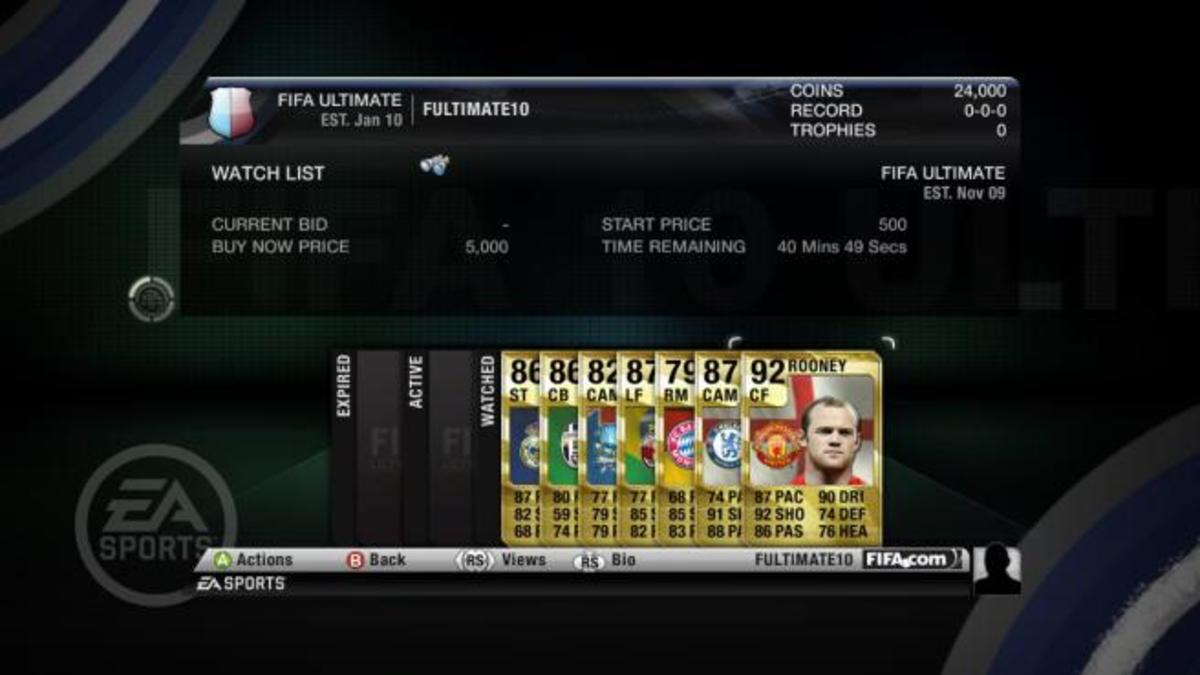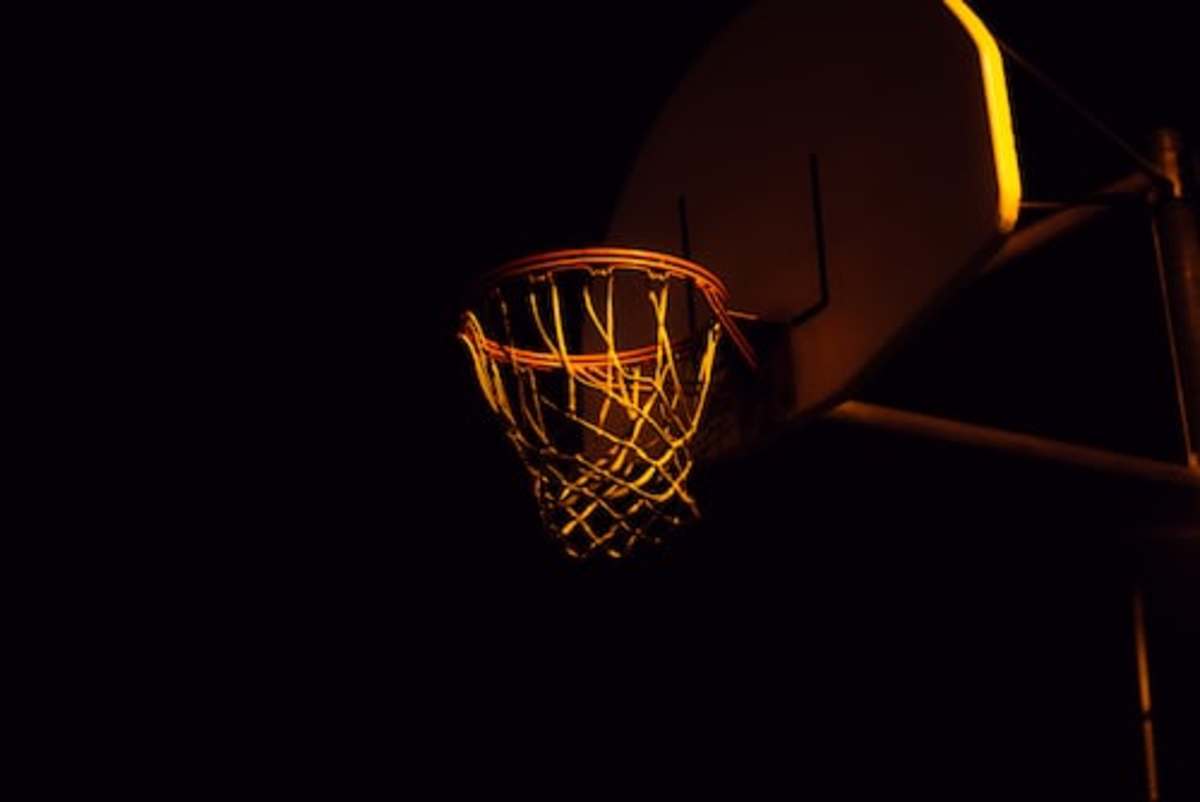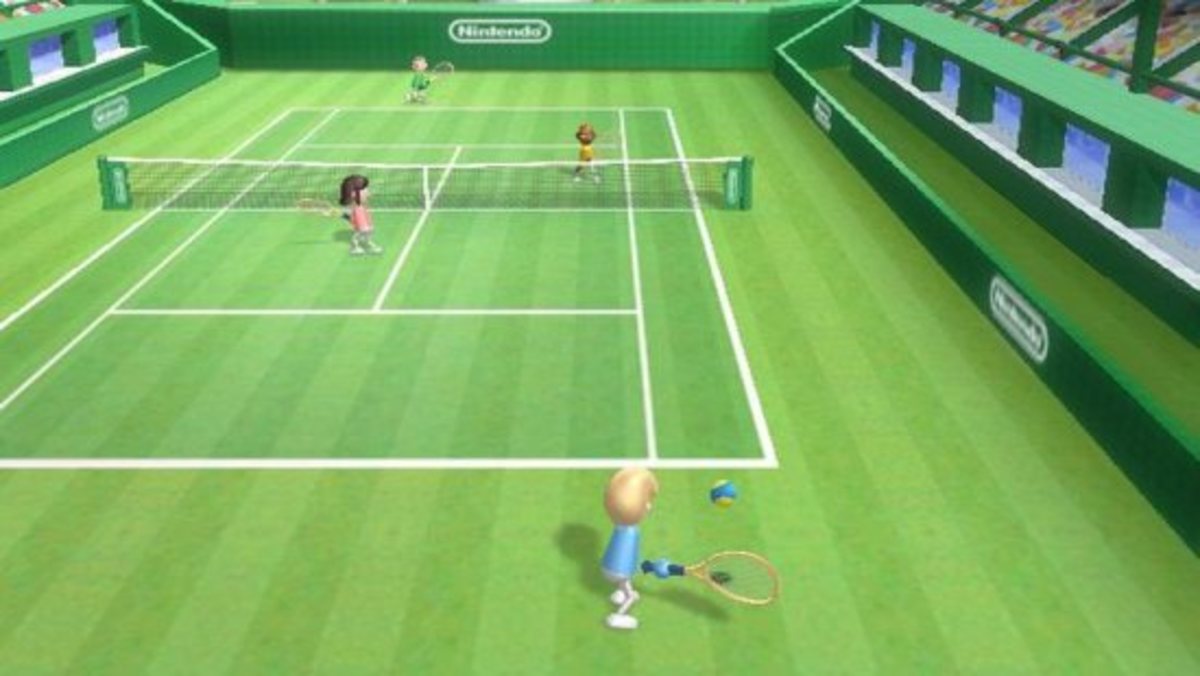How To Get Drafted In The NBA 2K League: The Combine
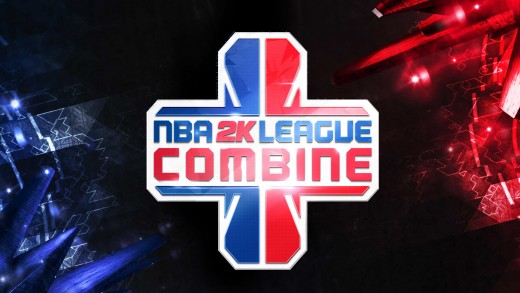
The Second Round Is Here
The NBA 2k Combine is here and will start very soon. It represents the second round in the lead up to the NBA 2k League draft, a professional gaming draft for players of the NBA 2k series of games.
Anticipation for the league has been building for quite some time as rumors, industry whispers and announcements have been kicked around for a while. Finally, players will have a chance to "live their dream" of being a professional gamer, playing NBA 2k.
The stakes are high and spots on the league are extremely limited. Millions of players will be vying for a place in the League, so competition will be fierce. Still, everyone has a reasonable chance...if they do it right.
The best video thus far regarding what the 2k League is going for (Thank you, Brian Mazique)
Are you good enough?
Whether you're "good" has nothing to do with your 2k records, as the NBA doesn't attribute skill to "records" affected by erroneous variables. The NBA wants skill. Skill of course takes many forms. There are players that shoot efficiently, that pass efficiently, effectively create shots and/or shooting opportunities for others, etc. Sure, they'd like everyone to have all of those skills and have teams of super players, but when you're casting a wide net like...over a million people, well, you want to cull the herd somehow.
They aren't judging 2k records, nor are they assuming that because you score 50 points a game you're automatically NBA worthy. There are a lot of factors at stake...and scoring is only one of them.
You might be surprised to find that the skills that aren't appreciated in a 2k Pro Am walk-on setting are the exact skills an NBA 2k League team needs.
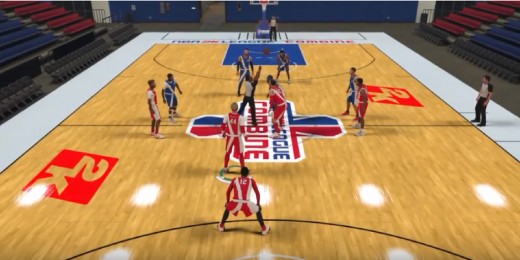
What they want.
Overall, the NBA isn't interested in your park record, pro am record or even your "my player" character. During the Combine, they're interested in skill. Your skill to get around defenders, hit the open man (or take the shot yourself) and help your team on it's way to the ever coveted "W".
That's it.
If you can't distribute the ball, you're only hurting yourself.
When you get the ball, you take bad shots, you're only hurting yourself.
If you don't rotate, you're only hurting yourself.
If you don't communicate in a meaningful, constructive way, you're only hurting yourself.
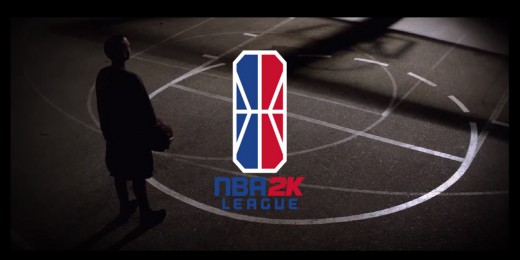
How is your playing?
When playing before the Combine, try to be critical of your play, by asking yourself questions. Always be open to improvement.
Ask questions like:
- Am I passing to the player most likely to score in a possession? (Hint: it's not always you)
- Am I "seeing" the "cutter" and if so, recognizing a good pass to him?
- Am I filling the role my position (small forward, point guard, etc.) requires?
- Am I spacing the floor right?
- Am I defending well?
- Am I communicating my movements to my team well?
- Why did the last play break down and how can I help it NOT happen again?
Those are just examples of course, there are a million more to be made. Be honest about your answers. For one, you're only asking yourself, why lie? Two, assume you can do better and find a way, because thinking you're already a superstar will just keep you out of the draft.
Help the team
The 2k League spokes people have said time and time again that skill holds sway, not popularity and certainly not selfishness. They've said, in particular, that they will be scrutinizing for those "helping".
What is helping?
Helping is "screening" for other players, distraction, stopping a fastbreak, rotating properly so there isn't a man "open", "getting back" efficiently, and not "falling asleep" on defense, etc.
Demonstrating that you have the ability to work with your team, by supporting their plays, movements, and working together in a selfless way is paramount.
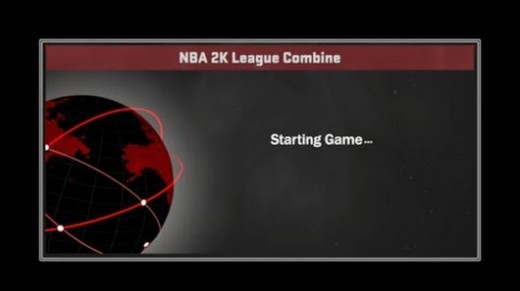
How to improve before and during the combine.
So, maybe you've identified some trouble areas in your game, yeah? Now, the question is: where do you turn to learn, augment and refine your skill to improve it?
Plus, what skills can you bolster, that are also important to the teams that are drafting?
Easy. Researching is, if nothing else, beneficial to your game in general, not just for the combine. Still, improving your skills in these key areas will "up" your draft stock in the eyes of the powers that be:
- Passing
- Defense
- Shooting Efficiency
- Basketball I.Q.
- Helping (on ball and off)
- Communication
- Positivity
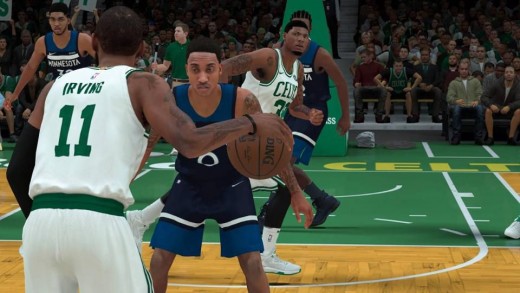
Passing is your friend.
2k players are legendary for their inability to pass. The game is...kind of at fault for this, because, honestly, who wants to be a bit player in their NBA fantasy? Everyone wants to be LeBron James, Steph Curry, and Michael Jordan, right? The game helps to feed that fantasy by "easing" certain things; it can be seen as both good and bad, depending on who you ask.
Unfortunately, the attitude it builds in certain players carries over when engaged in actual team play. Some players feel that they, and only they are the score machines, resulting in what is commonly referred to as "hero ball". Meaning, everything they do, in game, is golden and the other players are their to get them the ball...and keep other players off of them.
This doesn't fly in the NBA, and it sure won't fly in the 2k League. Basketball in an NBA setting is a team effort.
If you find yourself at the end of a Pro Am game with 30+ points and no assists, you might want to rethink your approach to the game.
However, if your low passing rate is due to a misunderstanding of how to pass, or the best way to pass, this can be remedied with a little practice and more importantly...explanation.
Good passing tips to learn how to pass better.
Hands down, the best tutorial on passing
Defense is also your friend.
Defense is something Pro Am players tend to ignore. It's terrible. It also drastically affects the outcome of your game. Be it "chasing the ball", "sagging off" or just plain "leaving their man open", 2k players often suck at defense. Period.
If you're trying to make it into a professional league, weak defense just doesn't cut it. It's one of the easiest reasons to get picked off when managers are looking at players. Defense is absolutely key to winning a basketball. If you can't do it, don't expect to get far.
Fortunately, there are a lot of ways to improve. Most importantly is to stay with your man (this changes depending on play, but it's a good general rule to follow) and never leave a man open. There is a myriad of other facets that must be address, of course, but that's a good start.
An outstanding tutorial about defense in 2k
Spacing and shrinking the floor is your friend
Nothing says Pro Am like a cluttered post, and nothing screams open man like it either.
The tendency to gravitate to "the paint" as a play progresses is irresistible. It's like a black hole, pulling you in for a steal or rebound. It's intoxicating...and terrible. All to often, players cluster in the paint desperate to get the ball. It inevitably leads to either a putback point or (more likely) a kick out to a waiting opponent at the three point line.
Instead of falling into that hole, choose instead to cover that man waiting on the three point line. Let the center and power forward do their jobs. Make easy points a difficult decision and a hard pass, easy and painfully obvious. Shrinking the floor is equally important, as it restricts the offense's ability to move around and score. Being mindful of the offense's movement and communication can "shrink the floor" in a flowing and organic way. Learning and using spacing and shrinking is a good, yet under used tool in a player's arsenal.
Mastering them through mindful play, a good I.Q., and best of all a tendency to help will get you noticed by the League fast.
A great video about good spacing.
Recognizing a switch
A switch happens on defense when you switch who you're defending with who your teammate is defending. An example would be when a pick is set and instead of following your opponent over the "screen", you switch who you're defending to the pick setter.
A re-switch, or switchback happens when you and your teammate exchange who you're currently defending, with who you were originally defending.
It's easy to execute, yet surprisingly hard to recognize when it needs to happen. This can lead to a number of opportunities for the opposing team to score.
Opportunities like:
- a mismatch
- an open man
- defensive confusion
- inadvertent double teaming
Correctly identifying and executing a switch and re-switch is one of the easiest to implement.
Lots of players have a problem with it however. Try not to be one of those players.
Recognizing a switch and re-switch
Shot efficiency is key.
Lobbing a lot of shots at the basket will lead to higher points on your box score...eventually. That's not a good thing.
It seems that somewhere along the line, 2k players associated their points accumulation in their box score as a determination for being "good". They never seem to consider that making 10 out of 100 shots...isn't great. That's a 10% shooting percentage, and if you have no assists or other work to show a balanced effort, it looks even worse.
Instead of tossing up shots to your detriment, and befuddlement of your team, instead choose better shots and make sure they go down.
You can do this by not shooting when crowded, passing when you are, and being very familiar with your shot and it's timing.
2k League spokesmen have stated that they'll be looking at "deep stats", as well as the basics. This includes shot timing and bad shot selections. If your box score shows a glaring lack of bad shot attempts (a bad shot percentage), numerous missed shots, and worst of all, a lack of team inclusion, you won't make it to the draft stage.
Knowing when to shoot and when to pass
Improve your shot
Increase your basketball I.Q.
"Basketball I.Q." is an oft evoked, and promoted characteristic that is largely intangible, yet highly sought after. It's hard to say what it is, but not hard to demonstrate. "Basketball I.Q." is, in its essence, the ability to "read" a game, while in progress, and determine the best approach (both personally and team wise) in basketball context to either score or defend during a play.
Players love to say they have a lot of it, However, a lot tend to demonstrate a lack of it.
As hard as it is to nail down and "get", it's also something that can be increased. Simply by studying basketball itself (it's many plays, finding the most logical play executions, understanding player tendencies, etc.) and applying what is learned to "reading the floor".
Basketball i.q., is something every team manager looks for and every player considered for the draft will have at least a modicum of. Become one of those players. Do your homework. Watch basketball games, learn the roles, learn basketball plays, learn how to pass and when, learn to read what the other team is doing, learn to see openings and how to exploit them, and more, it will unlock higher and higher levels of basketball i.q.
Increasing your "basketball i.q." or "court vision"
Communication and positivity
Communicating with teammates is key to getting a win efficiently. Whether it's on a real court or video game, knowing what you and your fellow teammates are doing, and that you're all on the same page is important.
Telling your team when you're "cutting to the basket" or setting a "screen", quickly and concisely is part of getting the win and will build the all important team chemistry quickly. Even random players, relaying your intentions, and options is a good way to build team chemistry fast.
Learn the terms, talk in a deliberate way. Don't fill the air with non-important, game based chatter. It will only cause confusion and aggravation.
Despite communication helping on the whole, it can be a friction point, leading to frustration and animosity if done poorly. There is a difference between "good" and "bad" communication. How you communicate can mean just as much as what you're communicating, which is often not understood. Telling a teammate that they're "Playing like a**!" or "You trash, ni**a." isn't tantamount to a winning attitude or building good team chemistry. It's toxic.
The League has stated that communication is monitored and will influence a prospect's potential draft inclusion. If a teammate is demeaning to his/her teammates, their draft stock will drop like a rock.
Signing onto an NBA 2k League team is, for all intents and purposes, becoming a contract player. The player becomes an employee of the organisation. It is a job. Therefore, it's subject to the same restrictions and expectations implemented by a real, honest to god employer.
They, themselves, have said...repeatedly, if you can't communicate into your mic that you wouldn't feel comfortable saying to someone like: your grandmother, your parent or a child, it shouldn't be said at all or changed to something that is. The 2k League will be broadcast on television. You will be on television. What you say...will...be...on...television. If you think they'll let you defame a teammate with foul language on national t.v. you're sadly mistaken.
They have sponsors to answer to and money to make. You're definitely replaceable.
Don't let your mouth get in your way, on your way to the draft stage. If you're serious about getting in the league, clean up your act immediately. Try to communicate and talk in a positive, encouraging way with your team. They'll appreciate it and deliver.
NBA players demonstrating good communication

Good luck.
The methods and ways to better your game, mentioned above should be considered a starting point, they are not all inclusive. There will always be ways to improve your game. Let it, instead, open doors to new ways to get better.
The NBA 2k League is a dream job for a lot of players. It's a validation of their efforts that far exceeds any grind to legendary status. Playing NBA 2k professionally puts you in an echelon above the average player. It's a chance to, perhaps, become legendary in some way.
Plus, let's face it. You get paid to play a video game. What more can you ask?
Do yourself a favor and put in the work. Up your game as high as you possibly can. Play your absolute best. You'll be glad you did and...hell, may even see your name in lights, doing it on the world stage.
Good luck.

